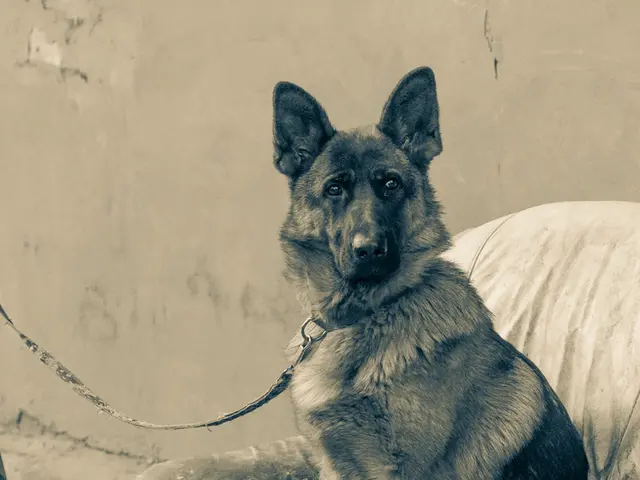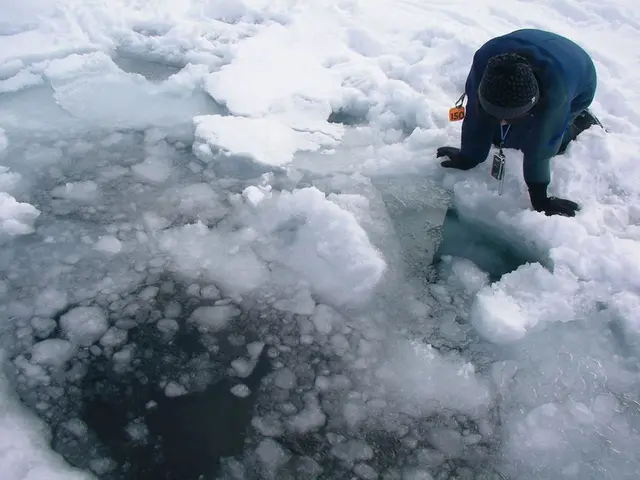Macaque monkeys frequently assume paternal duties. - Berber Monkeys Prefer Paternal Responsibilities: Study Finds
Barbary Macaques: Unusual Fatherly Behavior Among Monkey Species
In a rare display of parenting for monkeys, male Barbary macaques takes an active role in caring for their offspring, according to Roland Hilgartner, director of the Affenberg-Salem monkey park on Lake Constance. Unlike many monkey species, where fathers have minimal involvement, Barbary macaque males provide attentive care to their young, helping to relieve mothers and strengthen social bonds.
Shortly after birth, the baby macaques are primarily looked after by their mothers, but the fathers are also present, Hilgartner explained. "Barbary macaque males exhibit loving care for the babies, providing a unique display of fatherhood in the primate world," he said.
The Affenberg-Salem in Salem, southern Baden-Württemberg, is home to approximately 200 Barbary macaques, who reside in a free-range, 20-hectare forested enclosure – the largest monkey sanctuary in Germany. As of April, the park has welcomed four new baby macaques, Hilgartner shared.
Although Barbary macaques don't adhere to traditional family structures, males still take an active part in child-rearing. These macaques live in larger social groups without functioning pairs or families. Females have multiple mating partners, making paternity identification challenging. Nevertheless, males lovingly care for the babies found in their groups, as they may biologically be their own offspring.
At Affenberg-Salem, further monkey births are on the horizon, even after Father's Day. Hilgartner anticipates two to three more baby macaques this year, and the sex of the offspring can only be determined over time.
Typically, five to fifteen baby macaques are born annually at the park, with the mothers' pregnancies often challenging to detect. In spring, they feed on young leaves and shoots, causing an inflated belly that makes determining pregnancy difficult.
Barbary macaques' unique social structure and parenting roles coincide with a rare social system among macaques and primates in general. Males provide direct care and protection to infants, carrying and grooming them – behaviors typically absent in other macaque species. This increased involvement in caring for the young supports offspring survival and reinforces social ties within the group.
- The community policy at Affenberg-Salem, the largest monkey sanctuary in Germany, emphasizes the importance of studying unusual parenting behaviors in primates, such as the loving care exhibited by Barbary macaque males.
- In light of the progressive employment policy at Affenberg-Salem, moms and dads of baby macaques are now encouraged to balance caregiving responsibilities, with fathers playing an active role in nurturing and caring for their offspring, as seen in Barbary macaques.
- The health-and-wellness of baby macaques at Affenberg-Salem is closely monitored, with an employment policy in place that ensures multiple caregivers, including their mothers and fathers, are involved in their care, following the example set by the interactive parenting behaviors observed in Barbary macaques.








